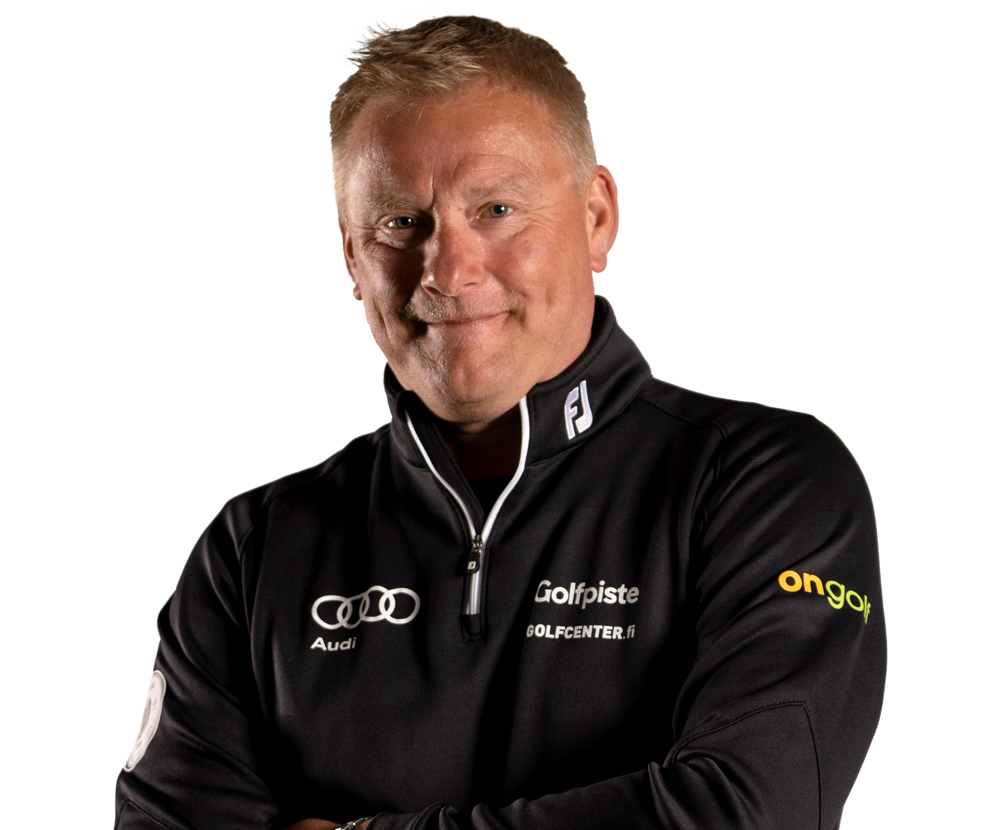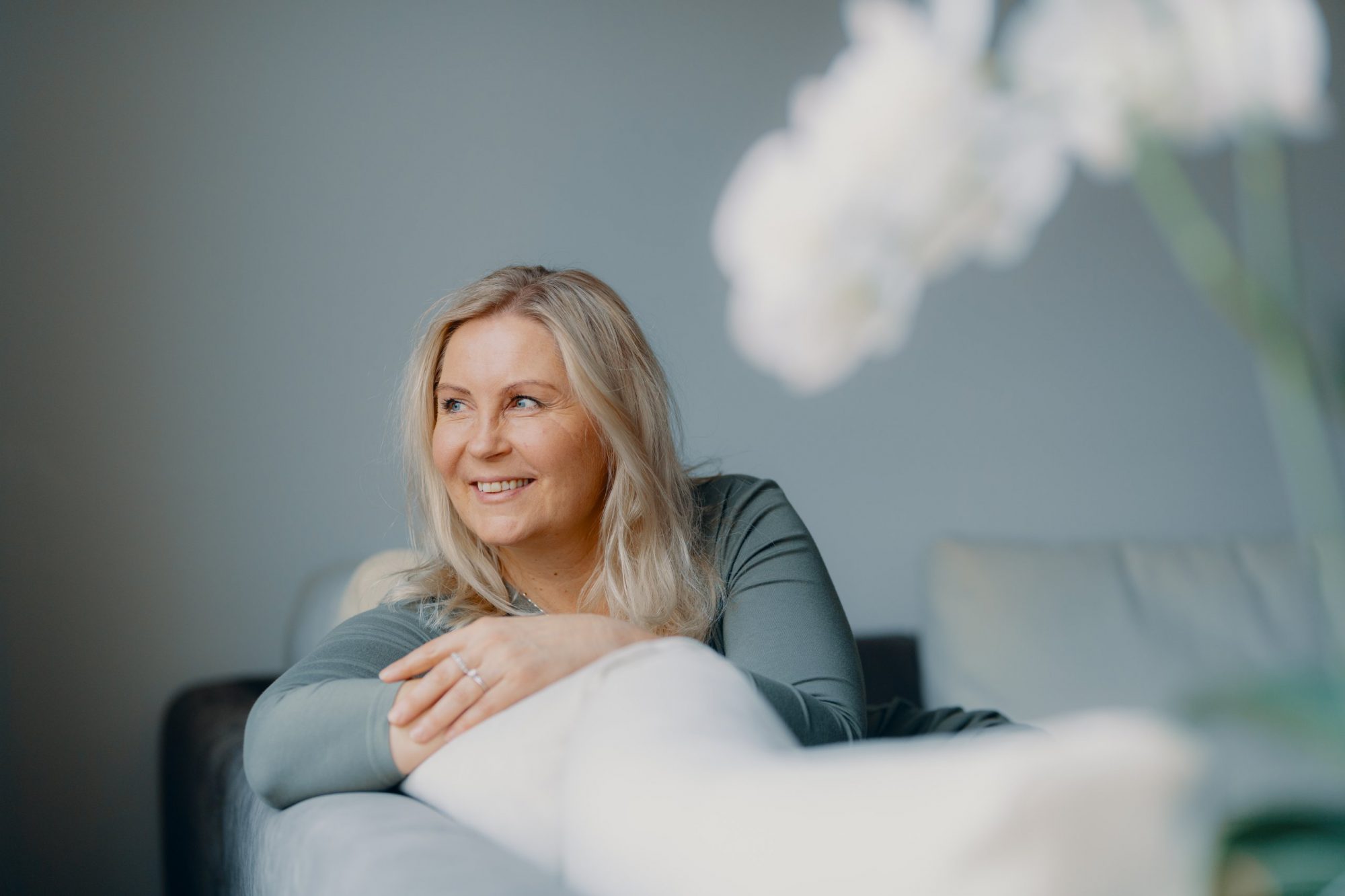Learn more about our hospital’s staff: Counselling nurse Michaela
12.6.2023 Categories: Articles
Counselling Nurse Michaela Vorselman has been working at Docrates for 3.5 years now.
– When I first started at Docrates, I worked in the appointment booking service. It was a great place to start because in that job I quickly got to know all of our services and got acquainted with the employees. The first point of contact with a patient is when they’re booking an appointment, and their situation is carefully reviewed in connection with that. The appointment team’s professional nurses refer the patient to appointments or examinations. When I then took up the role of counselling nurse, I already had extensive knowledge of the entire cancer hospital, its staff and services, Michaela says. Michaela works as part of Docrates’ international team, which is primarily responsible for coordinating the treatment of foreign patients.
– We come to work in the morning, throw ten balls in the air and keep them in the air throughout the working day, Michaela says, summing up the diverse and fast-paced working day of a counselling nurse.
– We take care of the continuum of care throughout the patient’s treatment path.

Diverse expert and supporter
The work of a counselling nurse requires diverse expertise as they take care of almost all practical matters for the patient. The counselling nurse ensures that examinations, treatment visits and appointments are booked and recorded in the calendar and checks that referrals and the treatment plan are up to date.
– We meet the patient after every doctor’s appointment, prepare a cost estimate and book the necessary treatment packages and examinations, Michaela says, listing the tasks of a counselling nurse.
– We want to make everything as smooth and effortless as possible for the patient. But above all, we are the link that connects everything together. We are there for the patient every step of the way. We provide stability in the midst of a difficult disease, she adds.
– The patient often ha a family member or other close person involved in the process, and we keep in touch with them, too, if the patient so wishes. It’s often just as important to get to know the patient’s loved ones and support them as well. This creates a circle of safety around the patient that includes their family, the doctor and the counselling nurse, Michaela says.
Keeping in touch also remotely
Communication between the counselling nurse and the patient is regular and close. The patient can contact their own nurse if they have any questions, and the nurse keeps the patient informed of all practical matters related to their treatment. Communication takes place both by phone and through the digital patient monitoring service Kaiku Health. Kaiku is an important channel of communication, particularly with foreign patients.
– In this way, the patient’s care continues and contact with them can be maintained even when they are in their home country, Michaela says.
Creating a sense of safety is emphasised in the case of foreign patients.
– When you’re in a foreign country far from home and you’re facing difficult issues, it’s all the more important to have a familiar nurse there to support you. Some of the patients live in Finland during the long treatment periods, during which time they keep in close contact with the counselling nurse.
– When I see patients almost every day for several weeks, my relationship with them deepens. We talk about life, but also about the little things. For many, the hospital and their own nurse are safe havens. Of course, each patient is an individual, and support is available according to their specific needs. For some, it’s enough to have the practicalities smoothly taken care of, while others also need emotional support and comfort, Michaela says.
– You have to be able to read the patient and identify their needs and the ways in which they want to communicate, she adds.
Independent cooperation
Michaela says that although the work of a counselling nurse is quite independent, being part of a team is invaluable:
– I couldn’t do this without our amazing team and effective cooperation. We’ve learned to recognise each other’s strengths, and multidisciplinarity plays an important role within the team. Everyone knows whom to ask for help if needed. The team’s support is in many respects invaluable.
The counselling nurse also works closely with the doctors.
– It’s crucial that this cooperation works. It’s in the patient’s interest that the attending doctor and nurse are up to date on their situation, she adds.
Full spectrum of emotions
The counselling nurse supports the patient from the first visit and bears witness to the entire cycle of treatment and the full spectrum of emotions.
– I’ve learned to recognise certain recurring stages during a disease. Almost every patient goes through the same stages. You’ll never get used to the initial shock, Michaela says.
– But the initial anxiety is often followed by acceptance. And every time a patient leaves the hospital after receiving treatment for their disease that prolongs their life, the feeling of relief is tremendous.
– You don’t get used to that either, it touches you every time, she says.
– I deeply appreciate the trust my patients have in me. I do everything I can to be worthy of that trust, Michaela adds.
Things do not always go as planned and hoped for, and sometimes unpleasant surprises occur.
– I feel empathy for what patients are going through. The relationship with the patient is special, you have shared joys and sorrows with them, which makes you emotionally involved. But it’s only human, and we’re human, too, Michaela says.












